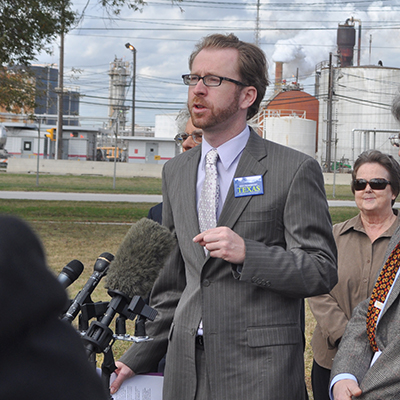
Exxon calls it a recycling collaboration. But it’s not real recycling.
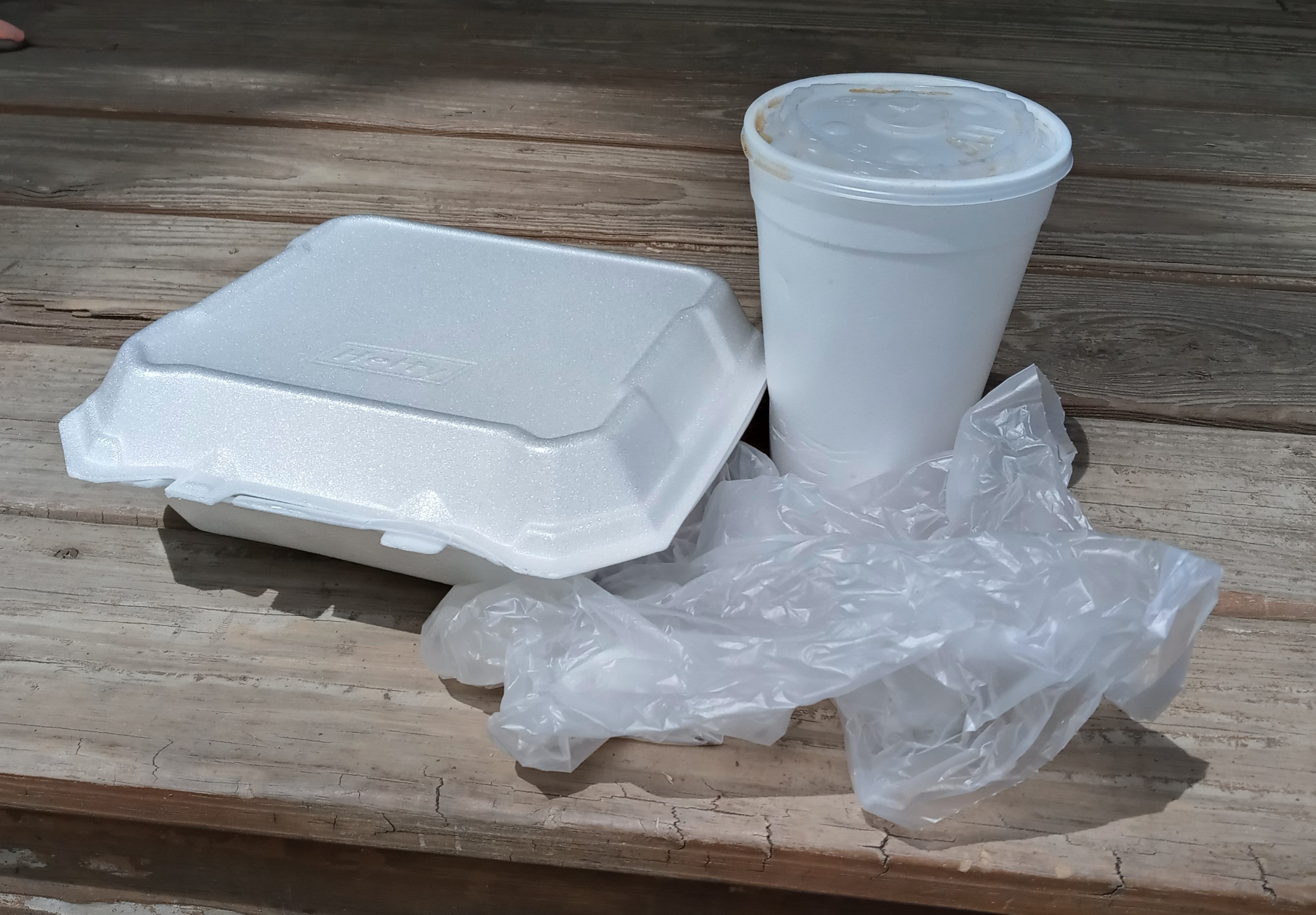
Most people think of recycling as the “process of collecting and processing materials that would otherwise be thrown away as trash and turning them into new products,” all in a way that helps the environment.
But what Exxon calls its recycling collaboration with Houston isn’t that. Instead of traditional “mechanical” recycling, ExxonMobil’s Baytown new “advanced recycling” (or “chemical recycling”) process is a new euphemism for an old and dirty practice: incineration.
Most plastic will get turned into fuel, which will get burned and pollute our air. And the chemical recycling process will create its own toxic pollution. The whole project is a big distraction from what we really ought to be doing — reduce our use of plastic, reuse all we can, and recycle the rest in ways that help, not harm, the environment.
The City of Houston was sold a bill of goods by Exxon. It’s time to end this dirty collaboration and focus on real recycling and real solutions to the city’s trash problems.
Chemical recycling is dirty, dishonest and doesn’t deliver
Under Houston’s previous mayor, the city signed a memorandum of understanding (MOU) — a non-binding agreement — with ExxonMobil and other companies to establish the “Houston Recycling Collaboration.” Houston residents can drop off dry cleaner bags, foam trays, bubble wrap and other hard-to-recycle plastics at all municipal recycling centers in the city. For now, the plastics are supposed to be taken to ExxonMobil’s Baytown chemical recycling facility to be processed. In between, they are stored in warehouses and then crushed by a third-party before transferring to ExxonMobil’s chemical plant, where the pieces are heated with chemicals.

Flaring at ExxonMobil’s Baytown facility in February 2021Photo by Staff | Used by permission
Since the MOU was signed in 2022, we’ve learned a lot more about chemical recycling, which an analysis by the New York Times found is “struggling to deliver on its promise.”
- The energy-intensive and expensive process is the latest in a series of plastic industry “solutions” that do nothing to stop the production of wasteful single-use plastics, and instead produce harmful cancer-causing air pollution.
- This technology has failed to meet industry promises and existing facilities are shutting down due to economic and operational failures. Even if it worked as promised, it would only handle a tiny fraction of plastic waste.
- A 2023 analysis by the National Renewable Energy Laboratory (NREL) concluded that using chemical recycling to produce plastic is between 10 and 100 times worse on environmental and economic metrics than virgin plastic.
- Research suggests that likely only 1%-14% of plastic waste is recycled into new products. The vast majority would be used to create fuel for transportation – that’s not recycling.
- Chemical recycling can emit “forbiddingly toxic” substances along with the risk of fires and explosions. ExxonMobil’s Baytown complex is the sixth largest emitter of greenhouse gas emissions in the nation.
- Even if the 10 chemical-recycling plants in America were to operate at full capacity, they would together process 456,000 tons of plastic waste, enough to raise the plastic recycling rate by just a single percentage point.
According to the Global Alliance for Incinerator Alternatives (GAIA), “This is not recycling. It is an expensive and complicated way to burn fossil fuels.”

A flyer promoting the Houston Recycling Collaboration does not reveal that most collected plastic will be subject to the polluting “chemical recycling” processPhoto by Air Alliance Houston | Used by permission
Plastic waste is a major problem. Chemical recycling is not the solution.
Houston residents and businesses currently send 4.3 million tons of waste to landfills every year — about 10 pounds of trash, per person, per day — more than twice the national average. Landfill waste in the city is expected to rise to 5.4 million tons in 2040 if we don’t change our wasteful ways. This staggering amount causes significant methane emissions contributing to climate change, potential leaching of hazardous materials into groundwater and a noisy nuisance to those who live nearby. The three landfills Houston currently depends on are expected to fill up in 33 years.
A growing source of our waste comes from single-use plastics, with steep consequences for our environment and health. Texas factories, which produce the chemicals used to manufacture plastics, dump millions of pounds of pollution into our air and water each year. Plastic products, like polystyrene cups and plastic bags, often find their way onto our beaches or into the Gulf, causing harm to wildlife, and can take decades or even centuries to break down.
The only real solution to addressing plastic pollution is reduction. Ultimately, if we want to address the proliferation of plastics in our lives and in the environment, we have to stop making so much plastic, or the problem is going to get exponentially worse
Recommendations
The city of Houston should:
- Cancel the MOU and stop sending plastic waste to the Exxon facility
- Adopt a “pay as you throw” garbage fee. Levying fees for household waste production incentivizes people to be more mindful of how much they throw away, reducing waste generation by hundreds of pounds per household each year.
- Reduce plastic pollution by leading by example. The city should phase out the use of single use plastics, such as plastic water bottles, at city property and events.
- Offer “waste prevention” grants to help businesses shift away from single-use plastics
- Advocate for statewide, national and international action to reduce the production and use of single use plastics.
- Invest in scaled-up mechanical recycling. This tried and true method emits less air pollution than “chemical recycling” and could still be an option for legacy refineries seeking a next phase for their plants and their workers.
- Expand recycling to multifamily properties
TOPICS
Topics
Authors
Luke Metzger
Executive Director, Environment Texas
As the executive director of Environment Texas, Luke is a leading voice in the state for clean air and water, parks and wildlife, and a livable climate. Luke recently led the successful campaign to get the Texas Legislature and voters to invest $1 billion to buy land for new state parks. He also helped win permanent protection for the Christmas Mountains of Big Bend; helped compel Exxon, Shell and Chevron Phillips to cut air pollution at four Texas refineries and chemical plants; and got the Austin and Houston school districts to install filters on water fountains to protect children from lead in drinking water. The San Antonio Current has called Luke "long one of the most energetic and dedicated defenders of environmental issues in the state." He has been named one of the "Top Lobbyists for Causes" by Capitol Inside, received the President's Award from the Texas Recreation and Parks Society for his work to protect Texas parks. He is a board member of the Clean Air Force of Central Texas and an advisory board member of the Texas Tech University Masters of Public Administration program. Luke, his wife, son and daughters are working to visit every state park in Texas.
Find Out More
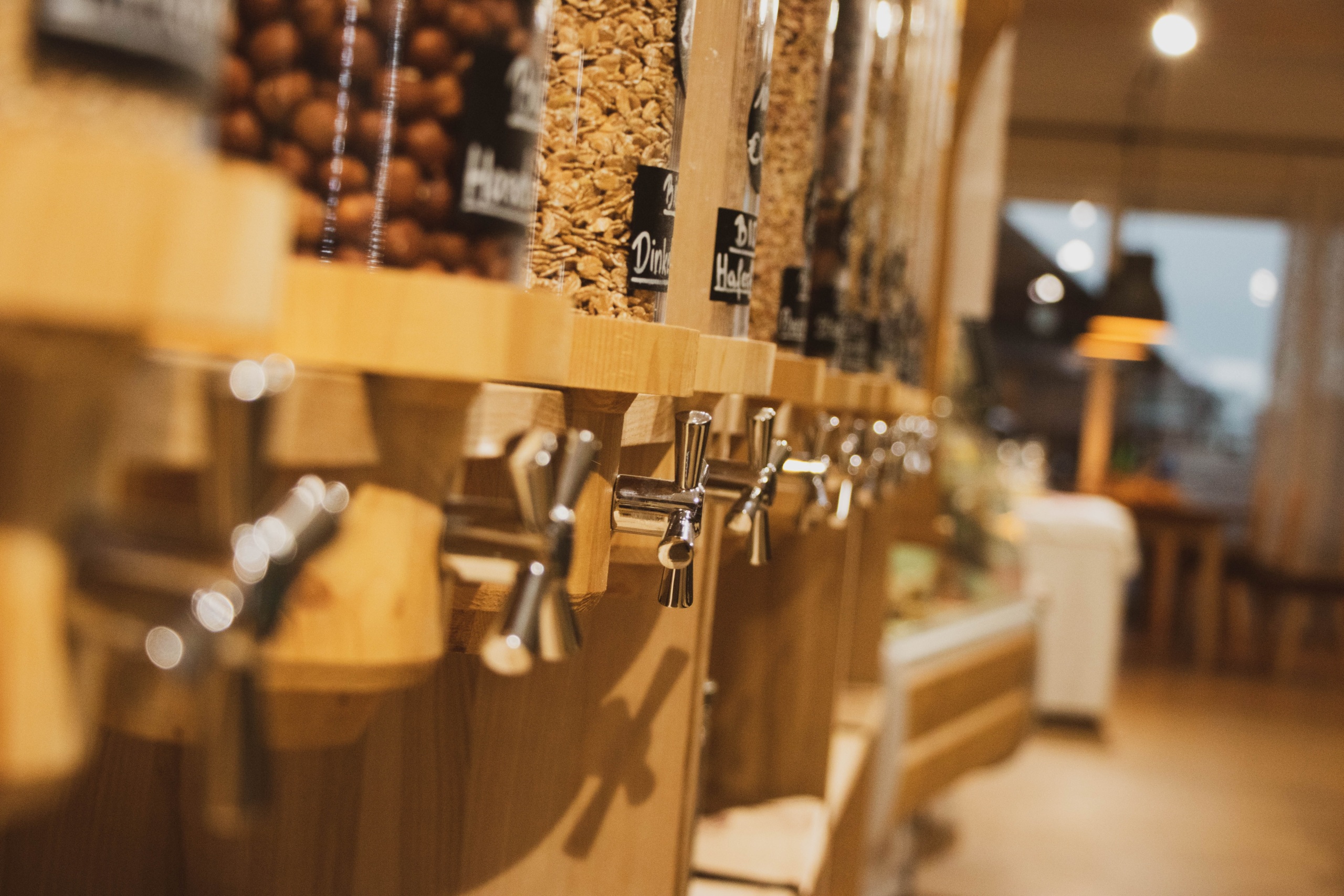
Ditch plastic packaging: Shop at your local refillery
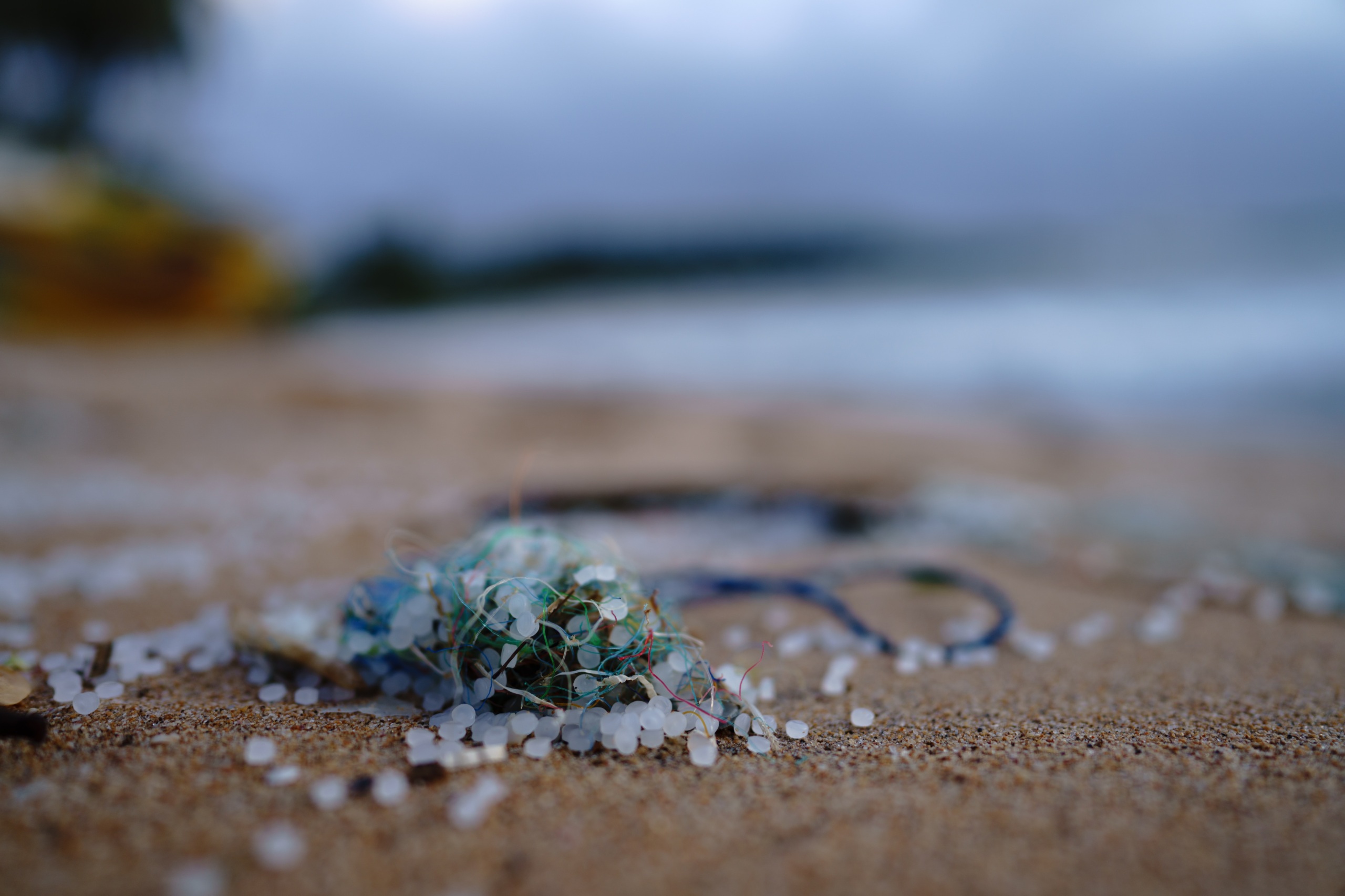
Millions of tiny plastic pellets are being dumped into our waterways
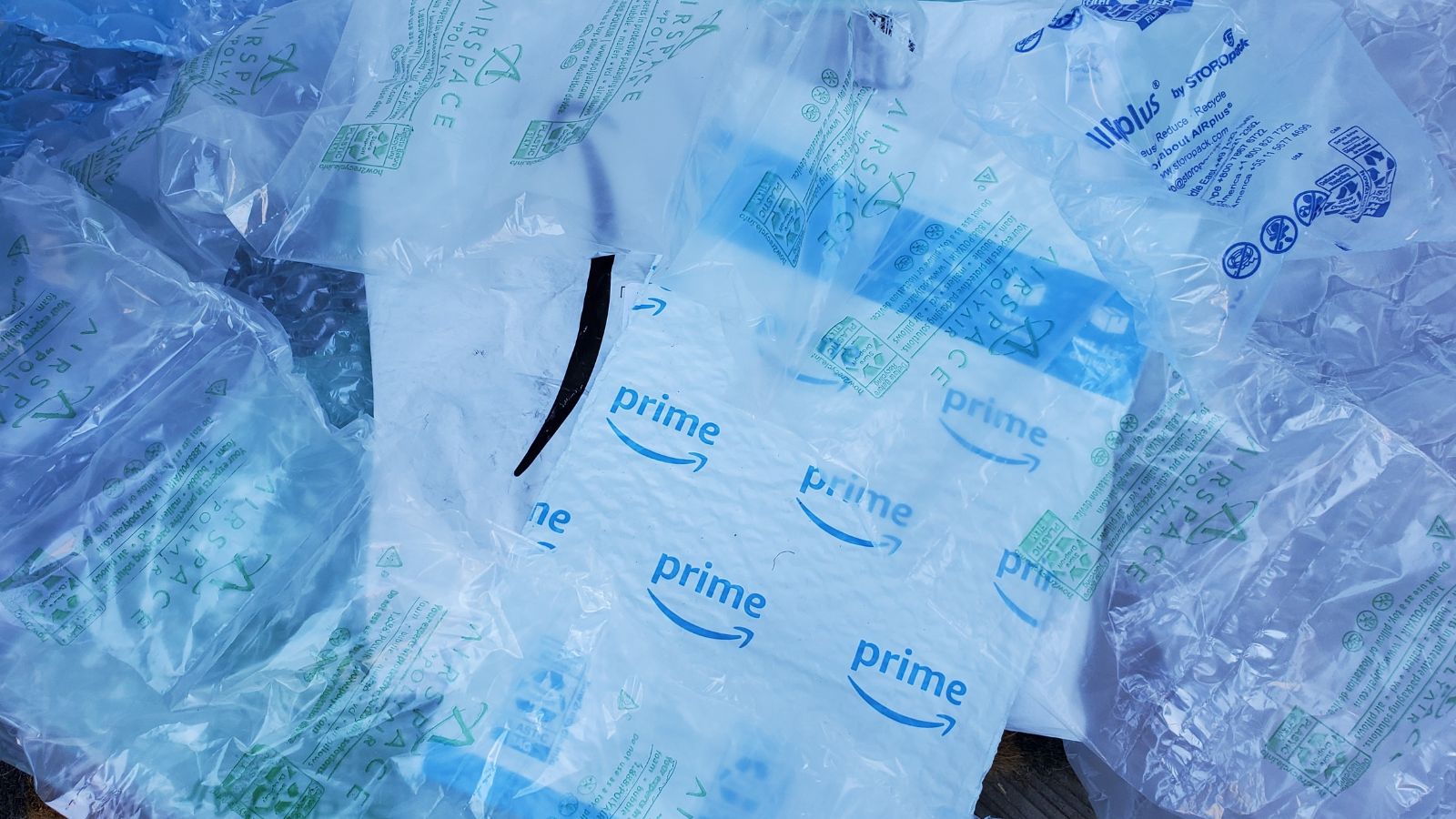
Turning plastic waste into plastic lumber isn’t recycling

